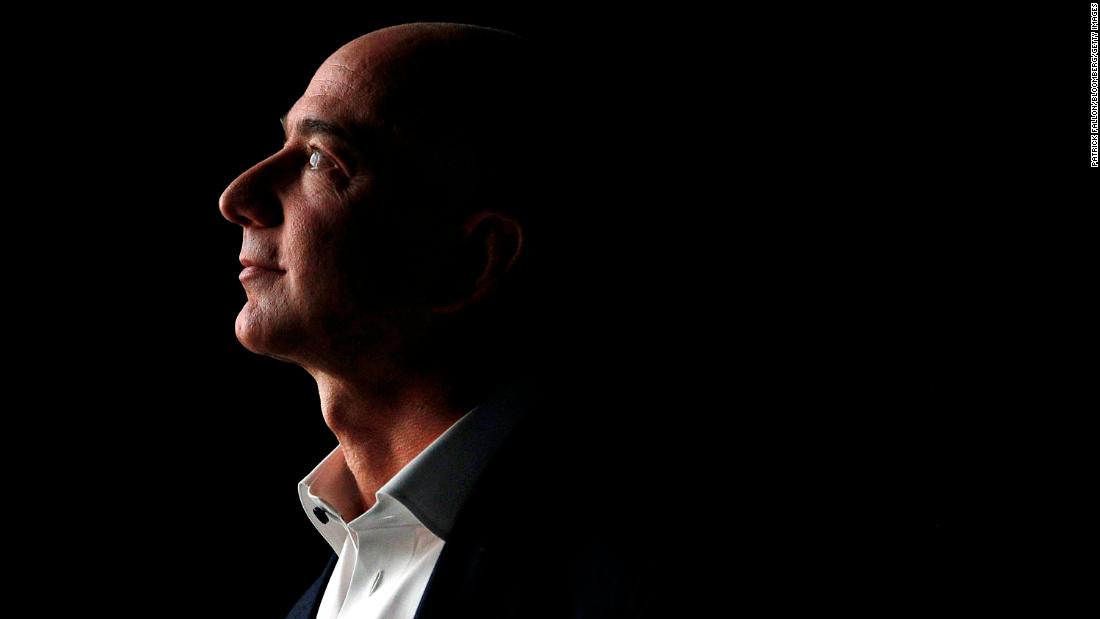Editor’s Note: Tune in to CNN on Friday at 9 p.m. ET for “The Age of Amazon.”
1. Amazon does listen to what you tell Alexa — sort of
Anthonio Pettit, a former contractor working on improving the Alexa technology, said companies like Amazon should be more transparent about their use of customers’ voices — a practice that’s necessary to improve the quality of their products.
“Amazon is listening to what you tell Alexa, not in any type of nefarious way, to my knowledge,” Pettit said. “Everything that they do is based on quality assurance … but people should know that. I think that is something that is definitely not advertised and, you know, it’s not something I think companies should shy away from.”
But the company stresses it isn’t “listening” to everything.
Toni Reid, head of Alexa at Amazon, said the company employs a “small group” of annotators who pull “very, very small samples” of users’ conversations with Alexa in order to improve the computer’s understanding of human speech and its responses. She said the audio that’s used is disconnected from other customer data.
“This is a common practice for machine learning,” Reid told CNN’s Poppy Harlow. “You have to train the models with a ground truth of data.”
2. Amazon defends its zero tax bill
Amazon has said its $0 tax bill was appropriate.
“We pay all the taxes we’re required to pay,” said Jeff Wilke, head of Amazon’s worldwide consumer business. “If we paid no tax in the US, it was because the law required us to pay no tax.”
3. Amazon explains its private-line strategy
The company watches which items from third-party retailers sell best on its platform and then looks at whether it can make those goods more cheaply. Wilke said this is hardly a new strategy.
“Retailers have been doing this forever,” he said. “They look at the things that fly off their shelves the fastest and they see if they could save customers money and improve quality by offering a private-label equivalent.”
Amazon doesn’t necessarily prioritize its own products in search. Wilke said the search function is designed to show users the most popular products first, whether they are Amazon private-label or a third-party brand.
4. Amazon’s future in banking?
Listen to the podcast here:
Major players in finance take the possibility of Amazon, and other big tech companies, entering the industry very seriously.
Dimon set up a team at JPMorgan two years ago to examine the challenges and opportunities that could come from “the internet giants” getting into financial services.
“If we were them, if they were us, what would you do?” Dimon said of the group’s focus. “What can they do to compete? How might we want to partner?”

















